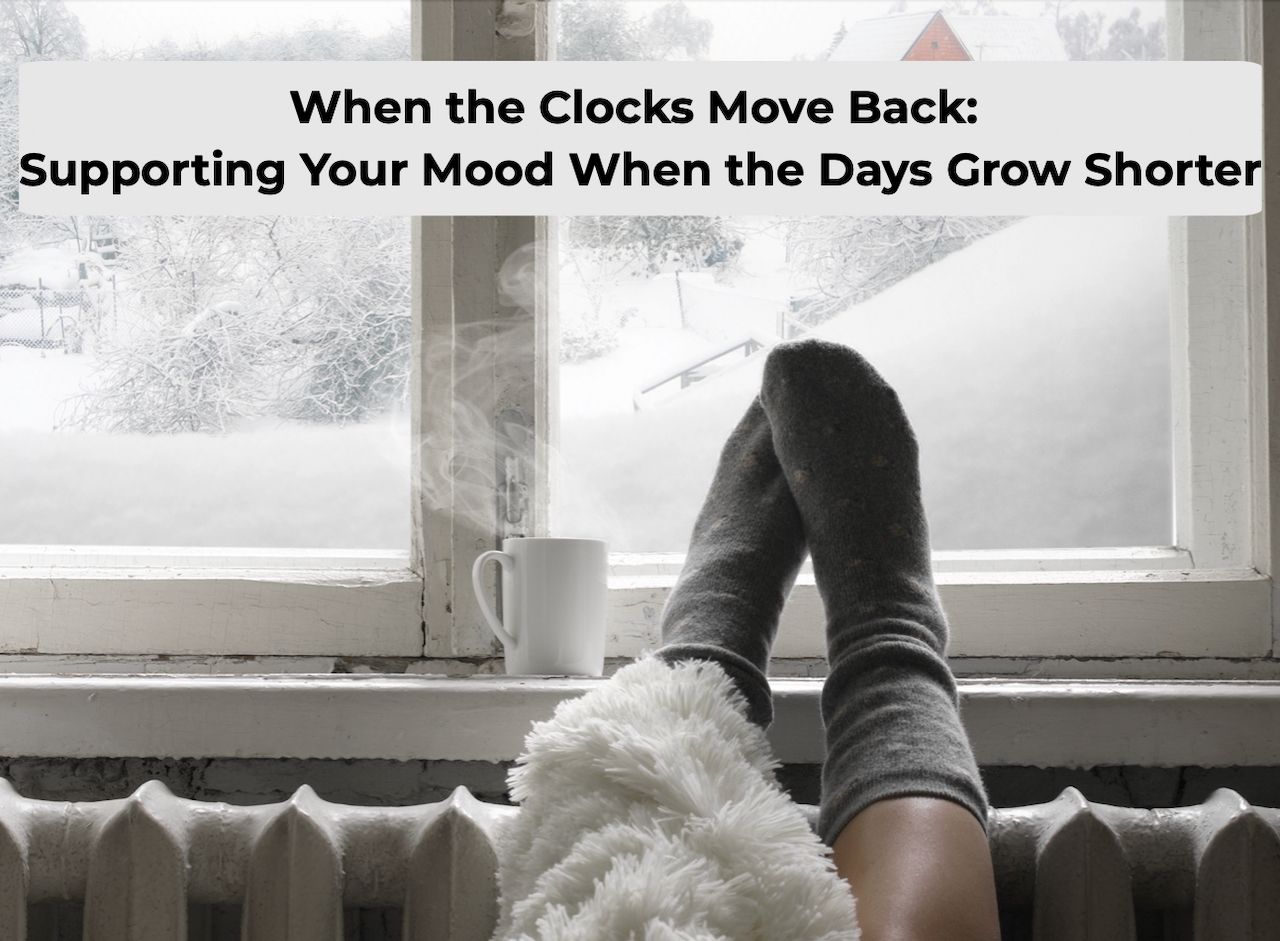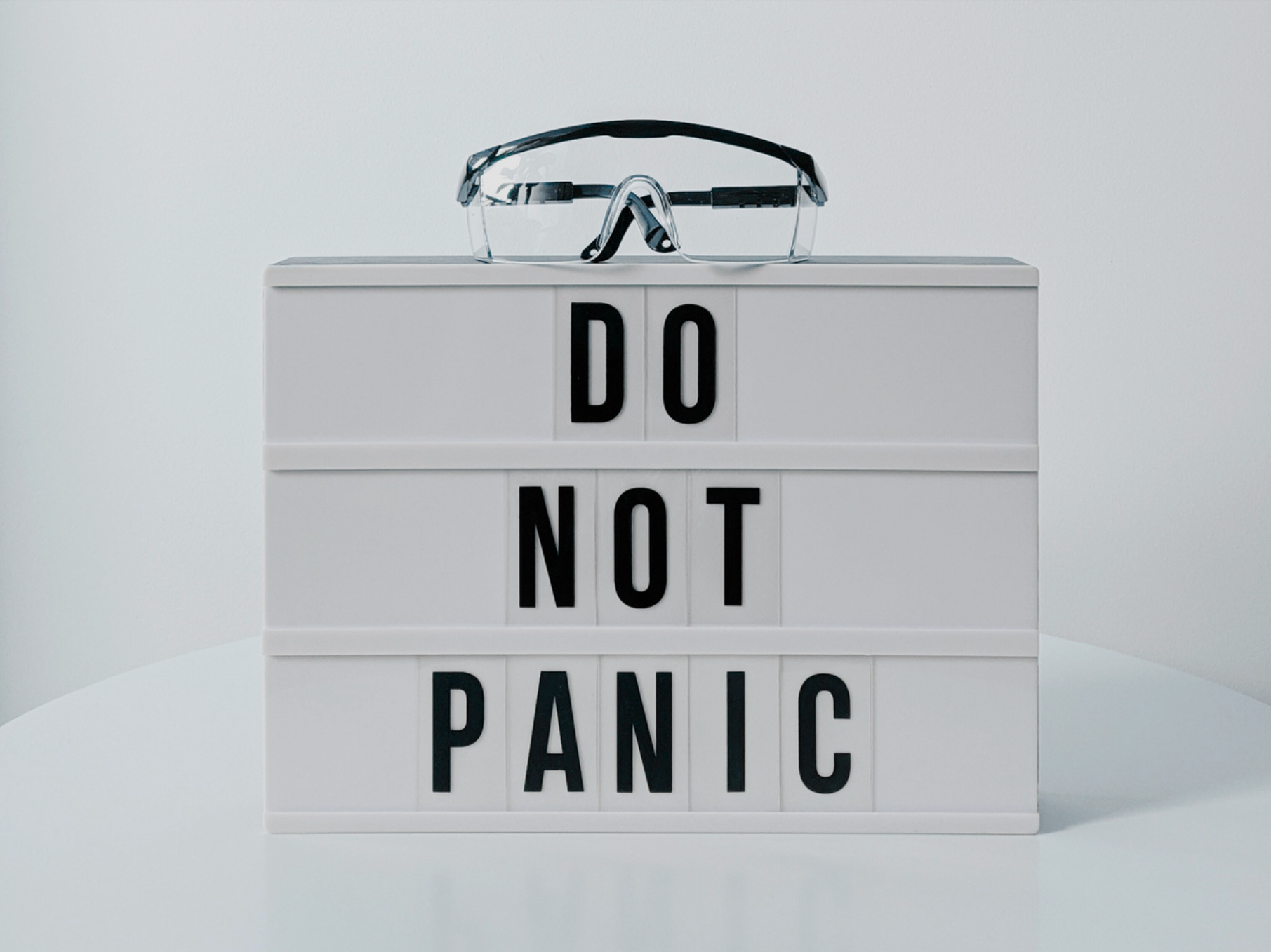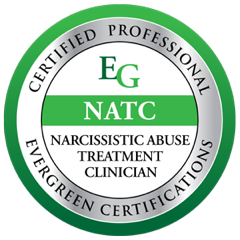Crashing Out: When Big Feelings Hijack the Wheel (And How to Take Back the Keys)
We’ve all been there.
One minute you’re mostly fine, holding it together with duct tape and iced coffee... The next minute? You’re CRASHING OUT.
Not a nap. Not a Netflix crash.
We’re talking full-blown, kitchen-cabinet-slamming, door-stomping, meltdown-mode
kind of crashing out.
Sound familiar?
Welcome to the moment when your nervous system says:
“That’s it. I’m done. No notes.”
What Does It Mean to Crash Out?
In slang terms, crashing out means losing your cool, blowing up, or having an emotional meltdown. And while it might look like “overreacting,” it’s often just reacting after too long without relief, support, or space to breathe.
You didn’t just snap out of nowhere.
You accumulated—stress, overstimulation, unmet needs, emotional friction. And eventually... boom.
Crashing Out Isn’t a Character Flaw
Let’s be clear:
Crashing out doesn’t mean you’re “too much.”
It doesn’t mean you’re dramatic, immature, or broken.
It usually means:
- You’ve been self-regulating on fumes.
- You’re managing more than anyone can see.
- You didn’t have the skills (or capacity) in that moment to pause and reroute.
Emotion dysregulation isn’t about weakness—it’s about nervous system overload.
So... What Can You Do Instead?
No, the answer isn’t “just calm down.”
The real strategy?
Catch the crash before it peaks.
Here’s how:
1. Know Your Warning Signs
Crashing out rarely happens without warning. It might start as:
- Snapping at minor things
- Feeling hot, restless, or overstimulated
- Struggling to focus or filter your thoughts
Notice your early signals. That’s your yellow light—not your failure.
2. Do a Sensory Reset
Step away from the chaos and regulate through your senses:
- Cold water on your wrists
- A slow walk with music
- Crunchy snacks (seriously, try it)
- Weighted blanket or pressure input
Get grounded before the emotions take the wheel.
3. Check the Internal Narrator
When you’re dysregulated, your inner critic loves to grab the mic. “This always happens.”
“I’m the worst.”
“No one else loses it like this.”
Pause. Reframe.
Try:
“I’m overwhelmed, not broken. I need care, not criticism.”
4. Circle Back Later
Regulation isn’t always graceful. Sometimes, you crash first... and regroup later. That’s okay.
The repair—the moment when you reflect, apologize, or course-correct—is where the growth is.
Crashing Is Human. Recovery Is a Skill.
If you’ve been stuck in a cycle of crashing out, recovering, then doing it all over again—you’re not alone.
There are ways to build in support, recognize your emotional limits earlier, and take back the wheel before the crash. (No duct tape required.)
Want support with follow-through, focus, or getting unstuck?
Explore my
free resources or
connect and explore therapy and coaching options. You don’t have to figure it out alone.
You’re allowed to fall apart.
But you’re also allowed to learn how to
fall apart more gently—with self-awareness,
recovery tools, and a whole lot of compassion.
Because emotional regulation isn’t about never crashing.
It’s about knowing how to reboot without burning the house down.

















